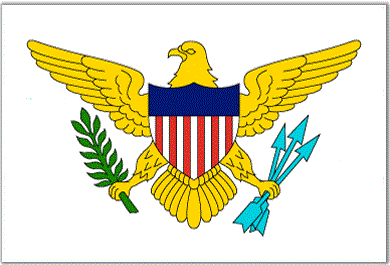|
Non-governmental organizations and civil society
Civil society constitutes an increasingly important factor in the international community. In recent years, the
United Nations has found that much of its work, particularly at national level, calls for the involvement of
various non- governmental organizations and groups – whether in economic and social development, humanitarian
affairs, public health, or the promotion of human rights.
National and international non-governmental human rights organizations are key actors in the Technical Cooperation
Programme, both in the delivery of assistance and as recipients of that assistance. In relation to the programme’s
aims to strengthen civil society, the United Nations is increasingly being called upon by Governments and others to
provide assistance to national NGOs, in the context of its country activities, by soliciting their input, utilizing
their ser- vices in seminars and training courses, and supporting appropriate projects which have been developed.
(See 4.5)
Information and documentation projects
The Technical Cooperation Programme also provides human rights informa- tion and documentation and contributes to
building capacity for the effective utilization and management of such material. Activities in this area include
direct provision of documentation, translated where necessary into local lan- guages; training in human rights
information; and assistance in computeriza- tion of national and regional human rights offices. Assistance is also
provided to national libraries in acquiring human rights books and documentation, and support can be lent for the
establishment and functioning of national or regional human rights documentation centres.
Several manuals, handbooks and modules are being produced to support train- ing and other technical cooperation
activities. Existing or planned material tar- gets specific audiences, such as the police, judges and lawyers,
prison personnel, national human rights action plans, the armed forces, teachers and human rights monitors involved
in United Nations field operations. The mate-
| 



